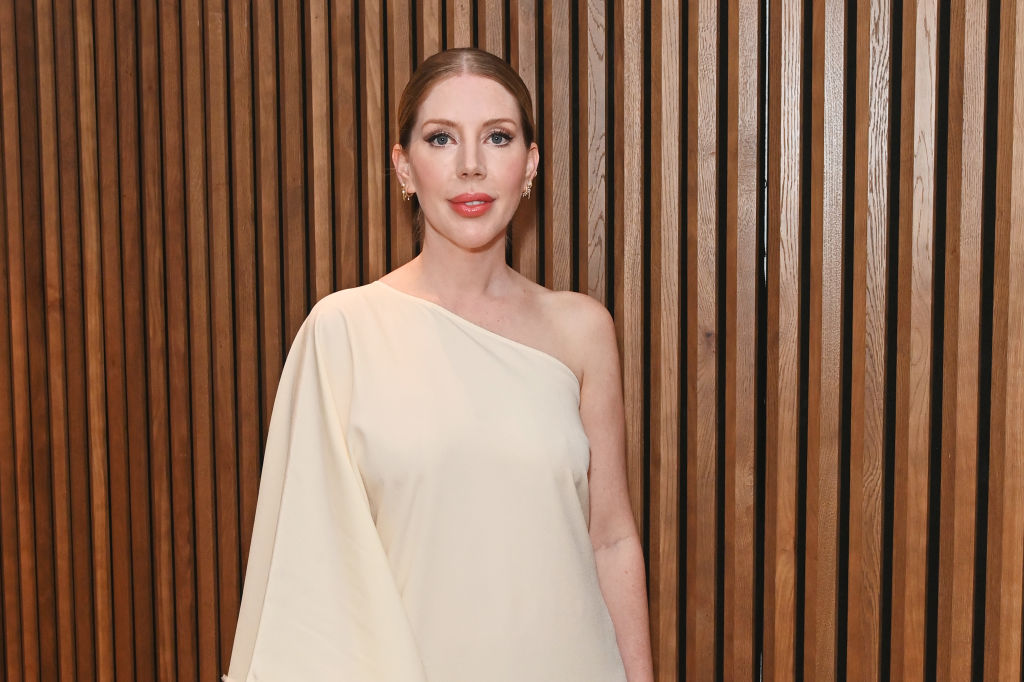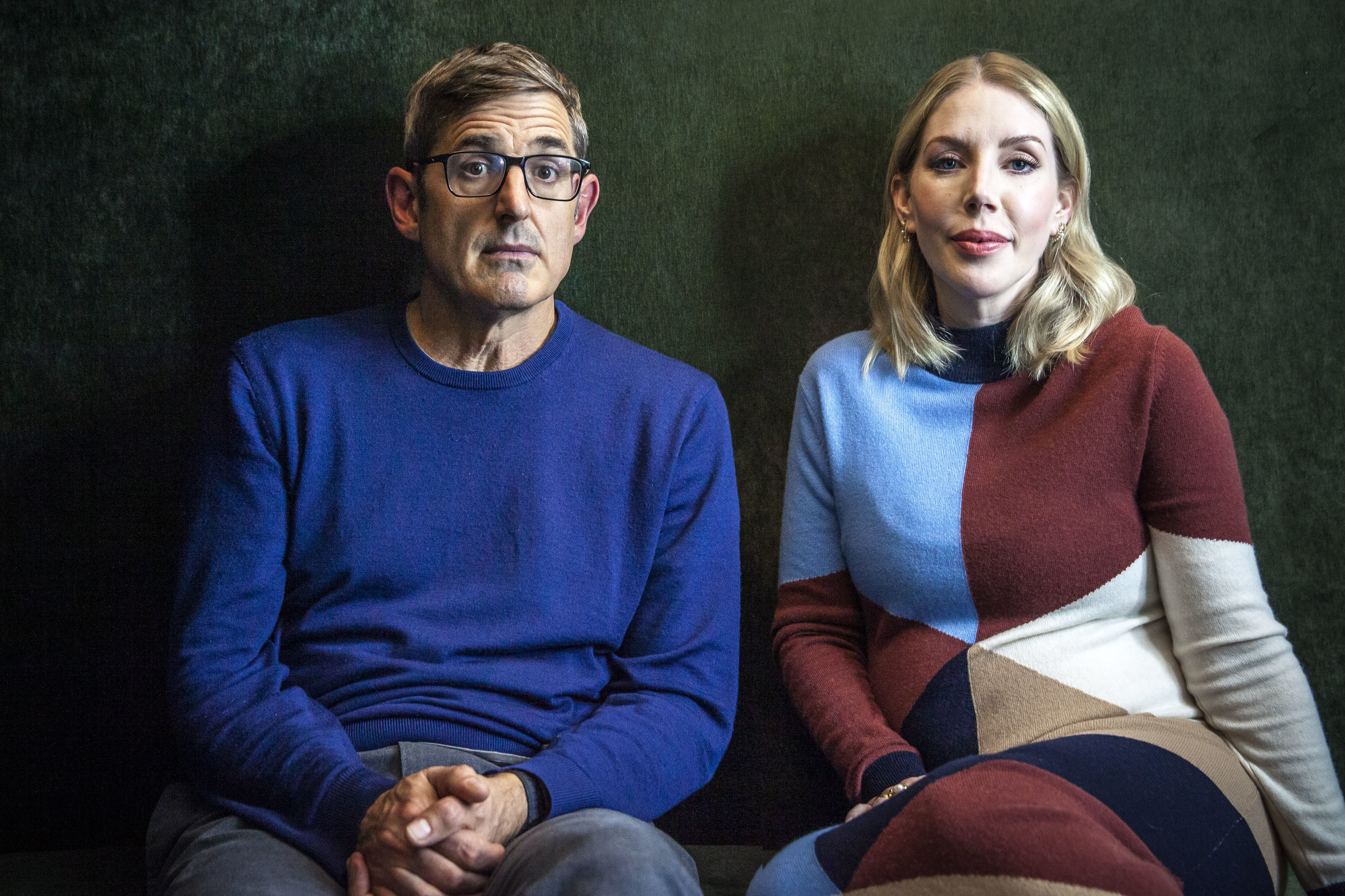
Gossip is one of the most powerful tools known to women.
Not the trashy celebrity gossip we are so often stereotyped as sharing, but the passing of information, rumour and speculation about the behaviour of predatory men.
While the rumour mill is often stereotyped as being harmful, privately shared stories between women warning us to stay vigilant around dangerous men, is one of the greatest safety mechanisms we can arm each other with.
This week, , comedian spoke about the ways in which she handled allegations against an unnamed individual who she believes is a ‘perpetrator of sexual assault’.
A person whose behaviour is considered an ‘open secret’ in the world of entertainment.
She said: ‘This is what we talk about. This is what female comics and probably actresses and women in my industry talk about all the time because that’s the safest way for us to talk about it.’
When I read about the alleged ‘open secret’ and ‘predator’ she was referring to, I wasn’t outraged, nor surprised. My response was ‘which one?’.
We might try to comfort ourselves into believing the #MeToo movement was an ugly chapter in our past. That society has learned its lesson, that we have moved on. But the predatory behaviour of powerful men, both in the entertainment industry and in wider society continues.
The same mechanisms that protect powerful men from accountability endure.
Money buys silence. Not by paying off a victim in return for their discretion, but through threats of legal action if people go public with allegations.

Katherine Ryan did not name this man, yet she was criticised for not having done so.
The usual men on Twitter had their predictable field day, speculating that Ryan was fame hungry, attention seeking and that not publicly naming the alleged predator was an act of cowardice.
It was far from cowardice. It was a sage, intelligent, compassionate and impactful move.
Ryan disclosed that she knew this man through the business and once appeared with him on a TV show. She confronted him, in front of others, during an episode recording. She informed him – to his face – that he was a ‘predator’.
The exchange wasn’t kept in the episode.
It was an extremely courageous move. As Ryan herself admitted to Theroux, ‘We’ve seen what happens to people who talk about alleged predators’, that one can ‘quietly disappear’ if you ‘accuse too many men of sexual assault and you’re labelled a trouble maker’.
I’ve seen the ‘quiet disappearance’ in action myself. The industry structures that make a woman feel heard, that her complaint is taken seriously, yet it is handled with the bare minimum – to cover any potential legal repercussions – all while she’s slowly phased out of her livelihood.
She’s not fired – that would be bad optics and too risky; if she’s already lost her job, she has nothing to lose and might get more vocal, go public with her accusations. But she will softly lose out on gigs, opportunities, recommendations and promotions.
Give her too much power, and she might gain the confidence to speak out. She must be kept exactly where she is. In her place.
Which is why so many women turn to each other to share information: it’s the safest way for us to protect ourselves from harm. We limit the risks of our quiet cancellation, we alert other women to potential harm and we protect ourselves from legal implications, while offering support to the women who have been directly abused, should they choose to come forward.
We make lists. I’ve seen several.
Lists of the men to watch out for, lists of the ‘open secret’ predators within our industries.
And it isn’t just women who are the targets for abuse.
Gossip is our power. It lets us know if there are other victims out there who can add their voices to our own, should we need it. It’s in a serial predator’s nature to keep their prey isolated, divided, but ‘gossip’ is something that unites us.
We need not act on it. We need not even believe it. But it’s there, should a problem arise.
The charge rate for sexual offences in the UK is abysmal, the conviction rate is worse, according to Rape Crisis. And there are plenty of behaviours by sexual predators that would not even be classified as crimes.
It never ceases to amaze me how many people – mostly men – jump to criticise a woman who chooses not to name a predator publicly. If we could do so without risking our livelihoods and life’s savings, we would.
Women don’t share these anonymous allegations to entice or to attract fame or the attention of the general public. We want to let other victims know that they are not alone so they can mobilise if they wish.
We do it because it is often our only legal option, and because – unless it happened to us directly – it is not our story to tell.
But most of all, we do it because we want to send a message to the man who recognises himself in our stories. We want him to know he is being watched.
And it’s only a matter of time…
Do you have a story you’d like to share? Get in touch by emailing [email protected].
Share your views in the comments below.




















